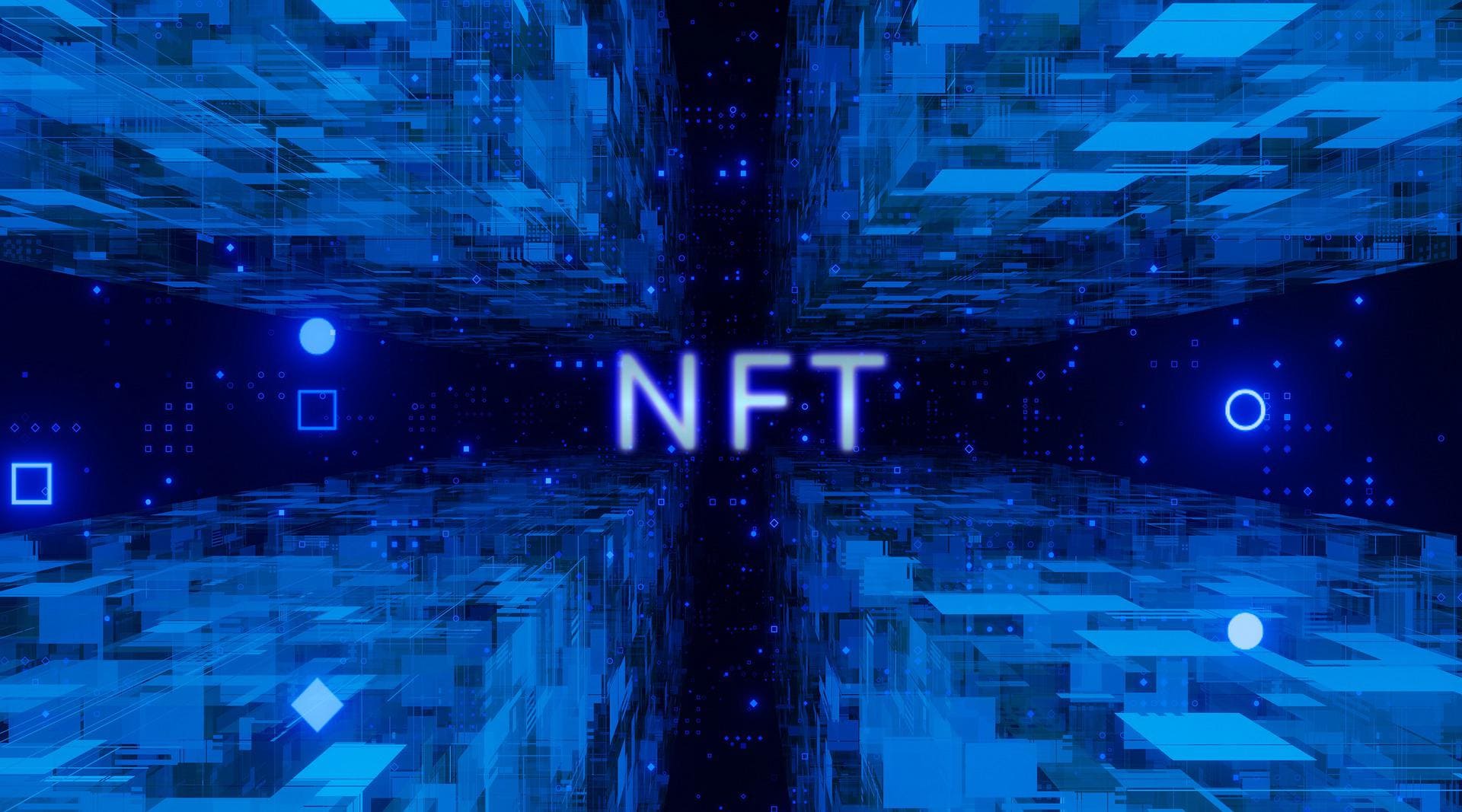It turns out that NFT minted art, typically comprised of one’s own or a third party’s intellectual property, could be fairly easy to steal. Take, for example, the recent theft of NFTs from the Goblin Asses collection. The stolen NFTs are part of a larger group of images, known as Goblin Ass Town. They are considered an “ironic” rendition of the popular NFT series Goblin Town. These NFTs, created and owned by several individuals, were “stolen” and listed as available on an unauthorized website. As reported, it is alleged that “a scraping bot probably found the collection and created a fake website offering [these NFTs] for free.” Further, the alleged perpetrator also put a collection of Goblin Ass NFTs on OpenSea before the authentic Goblin Asses were listed for sale.
Another area of “theft” in the NFT space is the unauthorized use of third-party intellectual property to make digital NFT art. According to a recent news report, artists have lamented that, “the prevalence of theft in the NFT space shows how its most-touted feature—IP protection—turned out to be its biggest drawback.”
An Artist’s Work is the Underlying Component that Comprises an NFT’s Intellectual Property
Artists, no matter what the medium, seek to protect their intellectual property rights in and to their work. One way to protect an NFT’s intellectual property rights is to create an agreement between the artist and the NFT minter. The language contained in an NFT artist agreement will determine the parties’ relative rights to the artist’s work product. A company may commission an artist to create art for an NFT collection and then often obtain copyright and trademark rights (either by way of work-for-hire ownership or a license) to the underlying artwork as part of the NFT artist contract. Recently, there has been rampant unauthorized intellectual property use in the NFT industry, where minters, knowingly or unknowingly, use third party intellectual property to create their NFTs. This opens minters up to the risk of lawsuits and significant financial liability.
How Can One Protect an NFT’s Intellectual Property from Theft?
Despite a recent industry slowdown, there is still a burgeoning NFT market. As with any art, there are ways to protect an NFT’s underlying intellectual property. Companies seeking to mint, buy, and/or license NFTs must be certain that they own or have the proper license to use the art in question. To accomplish this, it is best to enter into an NFT Artist Agreement, which should include, among other things, the following basic contractual categories: 1) services to be performed by the independent contractor, 2) compensation, 3) legal ramifications of the “work-for-hire” relationship, 4) term of the agreement, and 5) limitations of liability, among other concerns. Specifically, the Agreement should spell out the parties’ relative rights and responsibilities with respect to the NFT’s intellectual property. It is essential that one avoid NFTs derived from third party-owned trademarks and other copyrighted works unless you have the requisite license to do so or otherwise own the rights.
Please note that this is a complicated area of the law that is quite unsettled at this point in time. As such, if you require further guidance on this topic or need assistance in connection with preparing an agreement that involves NFT intellectual property rights, please e-mail us at info@kleinmoynihan.com, or call us at (212) 246-0900.
The material contained herein is provided for informational purposes only and is not legal advice, nor is it a substitute for obtaining legal advice from an attorney. Each situation is unique, and you should not act or rely on any information contained herein without seeking the advice of an experienced attorney.
Attorney Advertising
Related Blog Posts:
NFT Artist Agreement: What’s The Big Deal?




